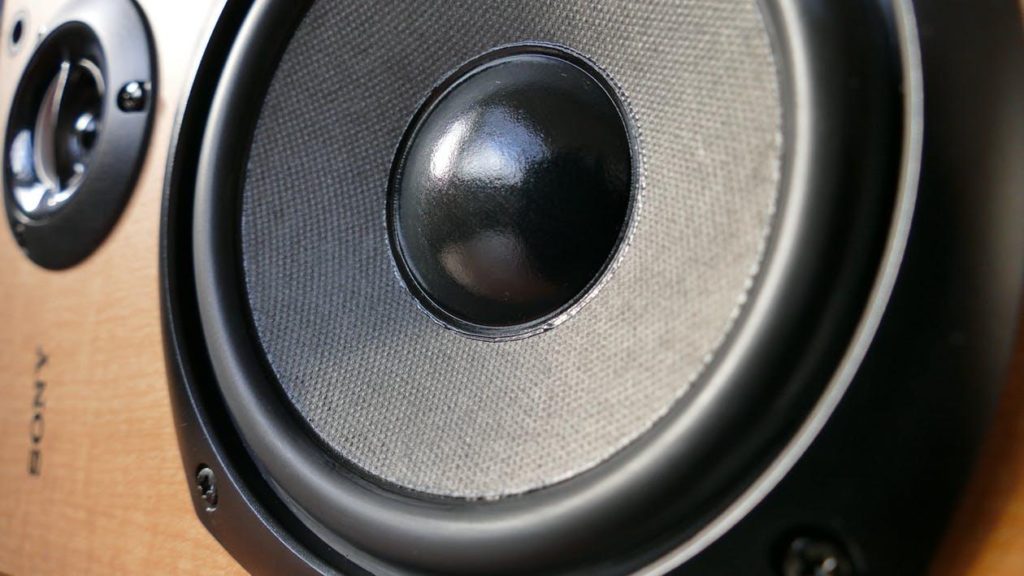You might think you’re perfectly happy with the volume of your life. However, there’s mounting evidence that all the time spent on the phone, blasting your music directly into your years, and an active (and loud) workplace can have serious impacts on your health. Here, we’re going to look at the arguments for keeping the noise down a little. Otherwise, you might end up complicating both your physical and mental well being in the future.

Love your ears
The most common and noticeable issue is the fact that loud noises cause very real damage to your ears in the long-term, eventually resulting in hearing problems and sometimes partial deafness. Noise induced hearing loss can be caused both by sudden bursts of loud noise, which are to be avoided as much as possible, and continuous exposure to loud noises over a longer period of time. Noise above 85 decibels are some of the most dangerous. For reference, intense traffic in the city is exactly 85 decibels. But perhaps the most common danger is in those who listen to their phones or MP3 players at their highest volumes, which registers on average at 105 decibels. Loud noises quicken the breakdown of minute hair cells in the inner ear, which tend to deteriorate with time anyway, so there’s no need to hasten that process. Hearing loss can be gradual and hard to notice, so it’s worth having your hearing tested once a year.
Listen out for your mental health
There is growing evidence in the link between noise and mental health issues such as depression and anxiety, too. Sound pollution, the long-term exposure to high levels of noise, trigger the body’s stress response, the release of great amounts of cortisol and adrenalin. This is what leads to panic attacks in anxiety sufferers, too. Beyond creating a very unpleasant mental landscape, these conditions can go on to risk your heart health, both dangerous weight loss and obesity, hair loss, and even tooth and gum disease.
We’ve heard too much
The relationship between mental health and noise goes both ways, too. Stress and anxiety can lead to emotional exhaustion which has been linked to noise sensitivity in women. Noise sensitivity leads to a lot of nasty side effects such as migraines and trouble getting to sleep at night. Sometimes, reactions to stressors can get so bad as to cause conditions like tinnitus, which is a constant ringing in the ears that many people can spend years if not their whole lives living with. There are very few treatments for noise sensitivity and tinnitus other than attempting to use white noise to attempt to drown out the problem, so that’s just one more reason to take steps to address emotional health issues as soon as you can.
We’re starting to address the real impact that loud noise can have on our lives. Smartphones come with automatic warnings about noise levels when you turn up the volume. There are employee safety laws about how loud a workplace can be. At the end of the day, however, it’s up to you to make the choice to live a slightly quieter life and make it a better-quality life in the long-term.
